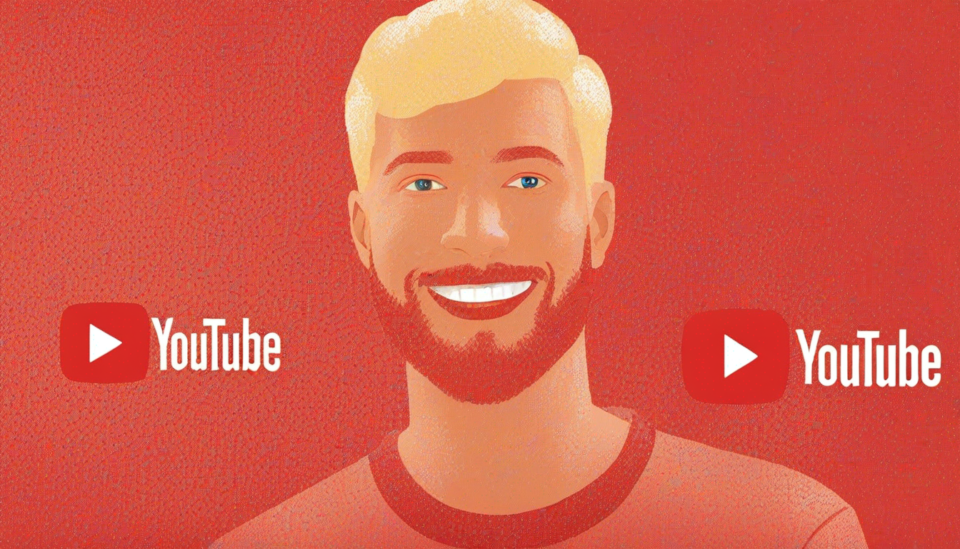

Imagine this: you're MrBeast, the YouTube phenom who routinely pulls in hundreds of millions of views. You want to create your next viral video. Do you hire a market research firm, commission a focus group, or run a survey on what content might land?
Nope.
You just ask a better question:
“What would you click on?”
This is exactly how MrBeast reverse-engineers virality. By tapping the brains of a small circle of expert content consumers. People who live and breathe the platform. They're not guessing. They know what works—because they've been burned by what doesn’t.
Now think about healthcare.
We’re still starting from zero.
Still commissioning expensive market research.
Still asking general populations about complex diseases they’ve never lived with.
Why?
If you're developing a product or running a clinical trial in, for example, multiple sclerosis or IBD, you don’t need a blank slate. You need someone who has lived with the condition. Someone who has:
In short, you need a consultant. Not a professional one in a suit—but a lived-experience consultant. A disease expert who didn’t read a textbook or study medicine, but instead wrote their own survival guide.
At Merakoi, I have the privilege of working with exactly these people. We call them patient experts. They're not advocates looking to post another awareness ribbon. They're strategic, thoughtful, and often have professional experience in marketing, education, digital health, or community building. Some even have built communities of their own. Many of these individuals exhibit grassroots patient leadership on a daily basis.
Patient experts are ready to help companies avoid rookie mistakes and design better solutions from the start.
The problem? Many healthcare companies are still trapped in the advocacy mindset:
And then… move on.
Even when companies do seek patient input, the default move is often to reach out to whoever has the loudest voice online i.e. a patient influencer with a large following. But a big audience doesn’t automatically equal deep insight. It doesn't tell you whether that person has actually worked with their community, or has the experience to translate their lived reality into meaningful guidance for product design, trial protocol feedback, or communications strategy.
But what if you flipped the script?
What if you treated patients not as one-off storytellers, but rather as ongoing consultants?
The truth is, these folks want to help. But you need to meet them at the level of a partnership, not just as a "patient" or "advocate".
Some organizations already have internal teams working directly with patients. If that’s you...amazing, you're already on ahead of the competition. You’re doing the work, building trust, and learning from real-world feedback in real time. You know how rewarding it can be and how resource-intensive.
But if you're stretched thin or not yet set up for this kind of engagement, here’s the good news: you don’t have to do it all yourself to do it well.
Outsourcing patient engagement doesn’t mean giving up control or compromising on authenticity. Done right, it means plugging into systems that are already running—with people who’ve spent years building these relationships, refining the methods, and learning the hard lessons. You still stay close to the insight, but without the full-time operational lift.
It’s not about handing it off. It’s about accelerating your learning curve with partners who live and breathe this work. People who know how to find the right voices, how to keep engagement respectful and productive, and how to turn lived experience into design-ready insight.
You don’t lose anything.
You gain time, perspective, and a deeper bench of expertise.
We’ve seen it time and again: when companies stop treating patients as “extras” and instead make them central to research, clinical trial design, and communication strategies, everything improves:
And because mini-communities can be segmented (by disease severity, life stage, or even digital savviness) you get precision feedback, not generic patient voice.
So here’s the takeaway:
If MrBeast wouldn’t launch a video without consulting his inner circle of content experts…
…why would you launch a health solution without consulting people who know what it’s like to live with the condition, every day?
Stop paying to start from zero.
Start learning from people with scars.
And treat your next focus group like the expert team it actually is.
Ready to meet your next patient consultant? Let’s talk.
Best,
Kevin
Bonus:
MrBeast’s leaked playbook caused a stir when it surfaced, just like its creator.
Love him or not, it’s packed with insights on building things people actually want. And while it was written for content creators, the thinking applies to anyone designing an experience for humans.
👉 Here’s the link (hosted on our own Drive)
Use it. Adapt it. Just don’t ignore the core principle:
Ask the people you’re building for.
About Merakoi
At Merakoi, we believe the best healthcare solutions come from those who live with the conditions every day—patients. We connect life sciences companies with patient experts to co-design better treatments, trials, and healthcare innovations. Need insights that actually matter? Let's chat!

✕